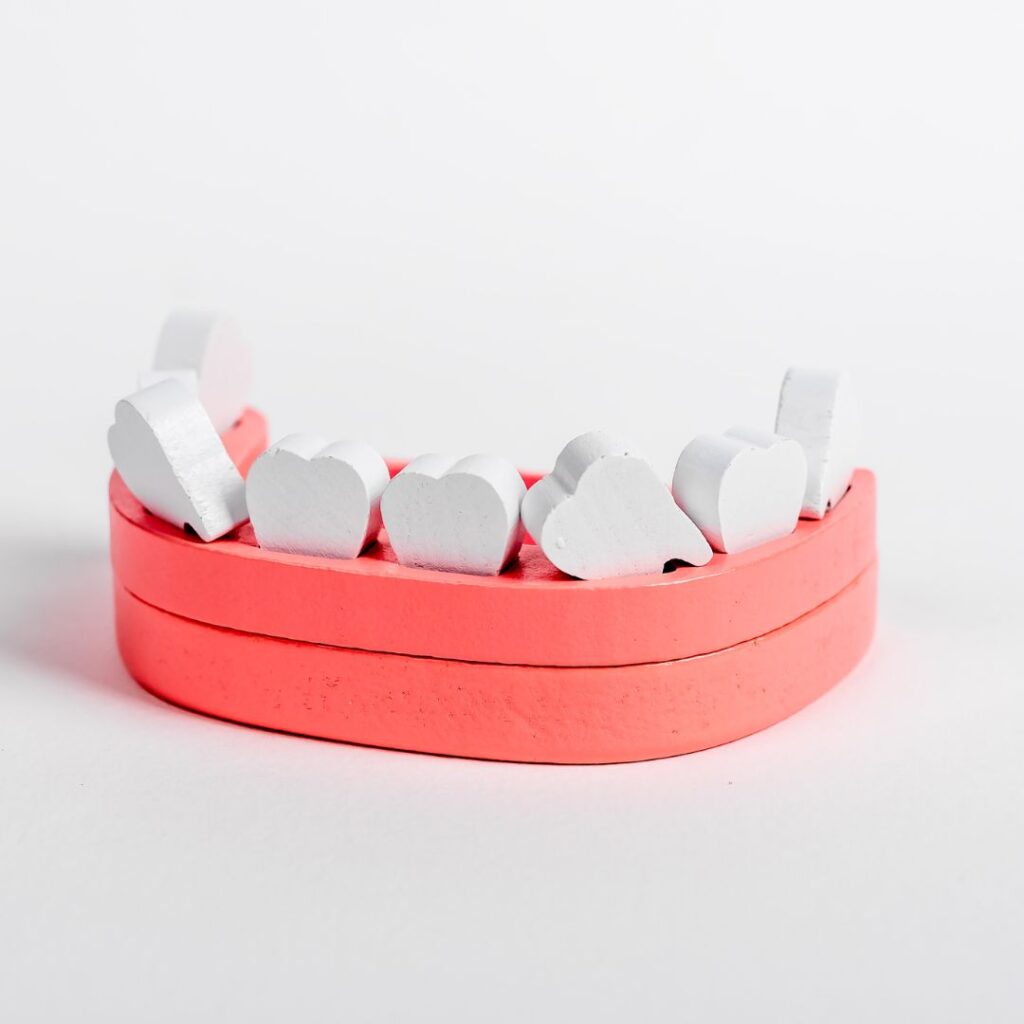Understanding Causes And Solutions For Loose Teeth

Loose teeth present a problem, affecting children and adults and often indicating an underlying issue demanding immediate attention. Whether it’s the wobbliness of a child’s tooth or the unexpected movement of an adult’s permanent teeth, recognizing the causes and exploring viable solutions is paramount for safeguarding oral health and averting potential complications. The unsettling sensation of a loose tooth is more than a mere inconvenience; it’s a signal that something may be amiss within the intricate structure of your oral cavity. From the unpredictability of childhood teeth to the surprising shift of adult teeth, comprehending the reasons behind this unsettling occurrence is the initial step toward effective resolution.
What Causes Loose Teeth?
Several factors contribute to loose teeth, ranging from dental issues to overall health conditions:
1. Gum Disease (Periodontitis)
One of the primary causes of loose teeth is gum disease. Periodontitis, an advanced stage of gum disease, can damage the tissues and bone supporting the teeth, leading to tooth mobility.
2. Injury or Trauma
Accidents or injuries, such as a fall or a blow to the face, can loosen teeth. The impact can damage the ligaments and tissues anchoring the teeth, causing them to become loose.
3. Poor Oral Hygiene
Neglecting oral hygiene can result in plaque buildup and tartar formation, leading to gum disease. Over time, this can weaken the supporting structures of the teeth, making them loose.
4. Osteoporosis
Conditions like osteoporosis, which weakens bones, can also affect the jawbone and lead to tooth loosening.
5. Bruxism (Teeth Grinding)
Grinding or clenching teeth, especially during sleep, can exert excessive force on the teeth, causing them to become loose over time.
Solutions for Loose Teeth:
1. Professional Dental Treatment
I’d like to point out that seeking prompt dental care is essential. A dentist will assess the severity of the issue and recommend suitable treatment options. These may include deep cleaning for gum disease or splinting, where teeth are stabilized together.
2. Good Oral Hygiene Practices
Maintaining proper oral hygiene by brushing twice a day, flossing regularly, and using antiseptic mouthwash can prevent gum disease and halt the progression of loose teeth.
3. Mouthguards for Bruxism
Wearing a custom-fitted mouthguard at night can reduce the pressure on teeth and prevent further individuals with bruxism from loosening for i.
4. Dietary and Lifestyle Changes
Adopting a balanced diet rich in essential nutrients like calcium and vitamin D supports bone health, which benefits tooth stability. Quitting smoking also aids in maintaining gum health.
5. Bone Grafting or Dental Implants
In severe cases of tooth loss due to advanced gum disease, bone grafting or dental implants may be recommended to restore functionality and aesthetics.
Give us a call to schedule your next dental visit today!
408-253-8150